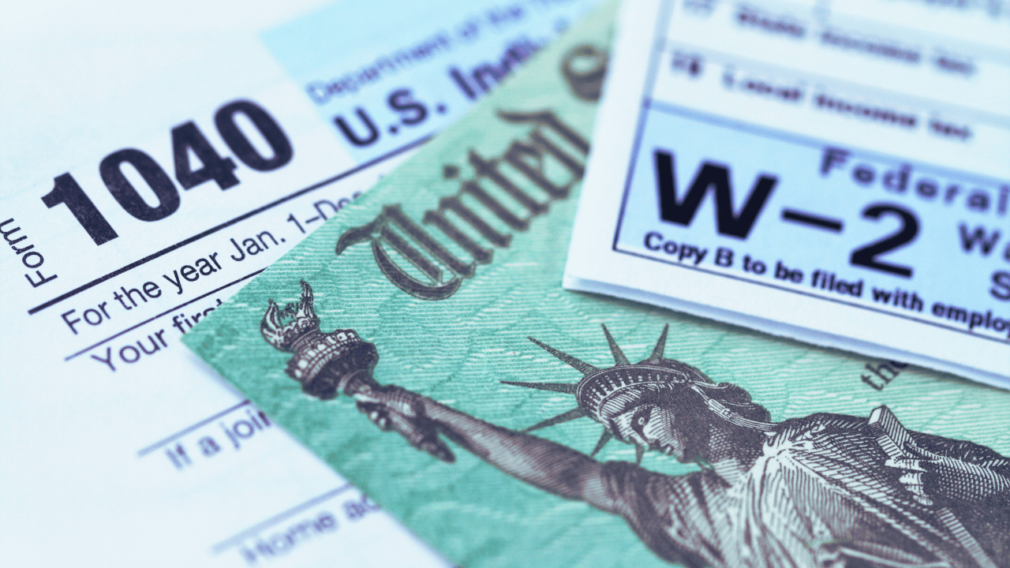Maryland Governor Wes Moore Signs HB 352, Raising Sports Betting Tax to 20%
Maryland Governor Wes Moore signed House Bill 352, hiking the tax on mobile sports betting operators from 15% to 20% to help close a $3 billion budget gap, with the new rate set to generate $32 million more for education and state funds.

A Tax Hike Becomes Law
Governor Wes Moore put pen to paper on May 21, signing House Bill 352, the Budget Reconciliation and Financing Act of 2025, which bumps Maryland’s tax on mobile sports betting operators from 15% to 20%, according to state documents.
The new rate, effective July 1, 2025, marks Maryland as the first state in 2025 to hike its sports betting tax, joining a narrow group of states like Ohio and Illinois squeezing operators for revenue.
Moore initially pushed for a 30% rate, but lawmakers settled on a 20% compromise, projecting an extra $32 million in fiscal 2026 to fund education and plug a $3 billion budget hole.
With 95% of the tax earmarked for the Blueprint for Maryland’s Future Fund, the move aims to balance fiscal needs while sparking debate over its impact on bettors and operators.
Moore’s Big Swing
Moore kicked off 2025 with a bold plan, proposing to double Maryland’s sports betting tax to 30%, and briefly floating 32% in his fiscal 2026 budget.
Facing a $3 billion deficit, he argued the hike would align Maryland with neighbors like Pennsylvania’s 36% rate and support “sound tax policy,” as he told lawmakers. “We’re not going to put additional financial pressure on middle-class families,” Moore said, framing the tax as targeting operators, not bettors. He also pitched raising casino table game taxes from 20% to 25%. But the 30% plan hit resistance.
Critics, including operators like DraftKings, warned it could lead to worse odds and fewer promotions, pushing bettors to illegal offshore sites. Moore’s claim about neighboring rates was questioned, with Virginia at 15% and West Virginia at 10%.
The Maryland House and Senate didn’t buy Moore’s 30% pitch. The House Ways and Means Committee voted 13-5 to amend HB 352, setting the tax at 20%, a rate matching Ohio and Massachusetts. “This is a fair compromise,” said Del. Vanessa Atterbeary, committee chair, noting it balances revenue with industry concerns.
The Senate aligned, rejecting Moore’s table game tax hike, too. By April 7, 2025, both chambers passed HB 352, part of a $67 billion budget with $2.3 billion in cuts and $1.6 billion in new taxes, including a 3% IT services tax and a 12% cannabis tax.
Senate President Bill Ferguson hailed the plan, saying, “This budget creates a fairer tax system while funding education and public safety.” The compromise kept Moore’s education focus intact.
Where the Cash Goes
The 20% tax is expected to rake in $115.8 million annually, up from $83.8 million at 15%. HB 352 directs 5% of the revenue to Maryland’s General Fund, with 95% fueling the Blueprint for Maryland’s Future Fund, which has received $160 million from sports betting since 2021.
The extra $32 million in fiscal 2026 will boost school programs, a priority Moore emphasized. “This isn’t just about balancing a budget,” he said at the signing.
“It’s about weathering a fiscal crisis and a new White House that attacks our economy.” Critics like Del. Jesse Pippy, a Republican, slammed other budget taxes, like the IT services levy, saying, “We’re taxing the hell out of an industry we want to grow.”
Operators Cry Foul
Sports betting operators, including FanDuel and DraftKings, pushed back hard. They argued the hike could hurt bettors through tighter odds and fewer bonuses, risking a shift to unregulated platforms.
DraftKings already baked the 20% rate into its 2025 forecasts, projecting a dip in revenue and EBITDA. Adam Hoffer from the Tax Foundation warned, “Rates should be low enough to pull participants out of black markets.” Dan McCarthy, a University of Maryland professor, added, “You want to ensure companies dedicate revenue to slowing irresponsible gambling.”
Maryland’s move mirrors a national push. Ohio doubled its tax to 20% in 2023, while Illinois hit top operators with a 40% sliding scale in 2024.
New Jersey’s Gov. Phil Murphy proposed a 25% rate, still pending, and Louisiana’s House passed a 21.5% hike awaiting Senate approval.
North Carolina and Colorado are eyeing increases, with Colorado ending free-bet deductions in 2026. High-tax states like New York (51%) and Pennsylvania (36%) set the pace, but operator exits in Ohio show risks.
Recommended
